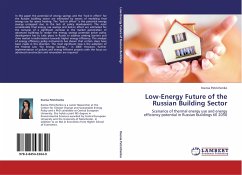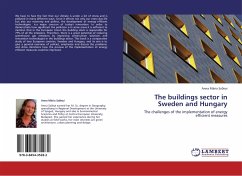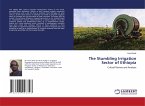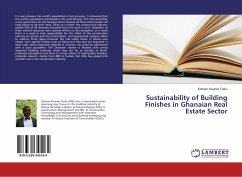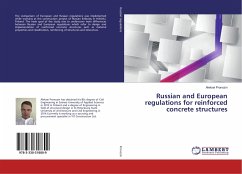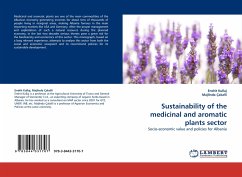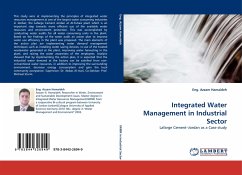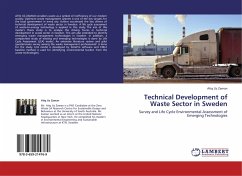In this paper the potential of energy savings and the lock-in effect for the Russian building sector are estimated by means of modeling final energy use for space heating. The lock-in effect is the potential energy savings untapped due to the lack of policy development. The most considerable final energy use savings and lock-in effect are estimated for the scenario of a significant increase in the market penetration of advanced buildings.To realize the energy savings potential active policy development has to take place in Russia to address existing barriers and drive market transformation towards higher energy efficiency. The analysis of energy efficiency policy instruments has shown that certain steps have been made in this direction. The most significant step is the adoption of the Federal Law On Energy Savings in 2009. However, further implementation of policies and energy efficient projects with the focus on advanced construction and renovation are required.
Bitte wählen Sie Ihr Anliegen aus.
Rechnungen
Retourenschein anfordern
Bestellstatus
Storno

